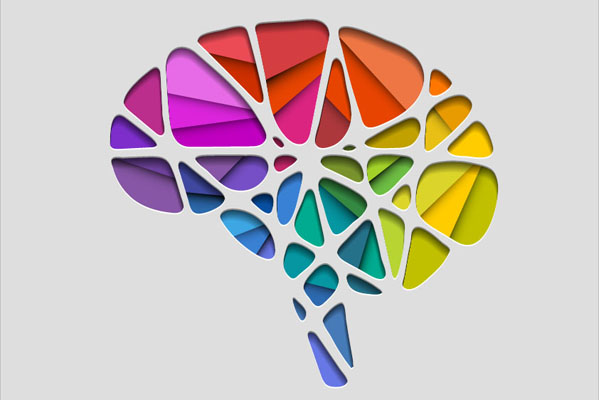 Transcranial magnetic stimulation, or TMS, can be an effective treatment for mental health issues like depression. It is a non-invasive treatment that involves using electromagnetic pulses to stimulate nerve cells in the brain. This can help reduce the symptoms of mental health and neurological disorders.
Transcranial magnetic stimulation, or TMS, can be an effective treatment for mental health issues like depression. It is a non-invasive treatment that involves using electromagnetic pulses to stimulate nerve cells in the brain. This can help reduce the symptoms of mental health and neurological disorders.
The Food and Drug Administration approves TMS as a treatment for depression. It can provide relief for patients who did not have any success with psychotherapy or medication. TMS also helps as a treatment for disorders like Parkinson’s disease and anxiety.
How transcranial magnetic stimulation works
Transcranial magnetic stimulation is an outpatient procedure, and a TMS physician or technician typically performs it. Patients are advised to take off any clothing items that might be sensitive to magnets, like jewelry. Here is what the procedure looks like:
- The patient is given a pair of earplugs to minimize the loud clicking sounds created by the magnetic impulses. It is similar to the sounds that one hears during an MRI. The patient is seated during the treatment, and anesthetics are not used.
- During the first session, the technician will measure the patient’s head to determine the best area to place the magnetic coil used for the treatment. The measurements taken are used to personalize the patient’s treatment.
- The magnetic coil is then placed above the front part of the patient’s head to start the treatment. Once the coil is activated, the patient will feel a tapping sensation being caused by the coil, and they will hear clicking sounds created by the magnetic impulses.
- Each session can last anywhere from 30 to 60 minutes. Patients can drive themselves back home after the treatment and return to their normal activities.
- How long the patient needs to keep getting the treatment varies based on factors like the severity of their condition. The average person gets the treatment about five times per week for up to six weeks.
Benefits of TMS therapy
TMS is primarily used to treat depression, and it serves as an alternative for patients who would rather not take antidepressants. Psychological and chemical factors can cause depression. Psychotherapy can help with negative emotions and past trauma, but medication or alternative treatments are needed to address depression caused by imbalances in the brain.
TMS is often recommended to patients with treatment-resistance depression. Such people have had no luck with conventional treatments like talk therapy and medication.
According to Healthline, studies have indicated that depression can be caused by reduced activity in the prefrontal cortex. This part of the brain is associated with common depression symptoms, like changes in appetite, not deriving pleasure from the things that they once enjoyed, and low energy levels. TMS can help stimulate nerves in the prefrontal cortex, reducing the symptoms of depression. It also serves as a treatment for anxiety and obsessive-compulsive disorder.
Give TMS a try
TMS can help with depression when other treatment methods like therapy and medication have failed. Give us a call or stop by our New York clinic to set up an appointment with our psychiatrist.
Request an appointment or call Hope TMS and Neuropsychiatric Center at 646-578-8152 for an appointment in our New York office.
Recent Posts
Transcranial magnetic stimulation (TMS) is a cutting-edge treatment that offers hope for people dealing with depression and anxiety, especially those who have not found relief with medication or therapy. TMS is a non-invasive procedure that uses magnetic fields to stimulate specific areas of the brain involved in mood regulation. This innovative approach is helping many…
Transcranial magnetic stimulation (TMS) has gained recognition in recent years as an effective treatment option for patients with depression that does not respond to medication. TMS was certified by the Federal Drug Administration (FDA) in 2008, and it is now widely accessible across the United States.According to the National Institute of Mental Health, over 17…
Transcranial magnetic stimulation therapy, or TMS therapy, stimulates the brain to manage symptoms of depression and other mental health issues. Psychiatrists recommend the treatment to patients who fail to respond to more conventional therapies. Read on to learn how TMS works and whether the treatment is a good fit.Psychiatry involves crafting personalized treatment plans that…


